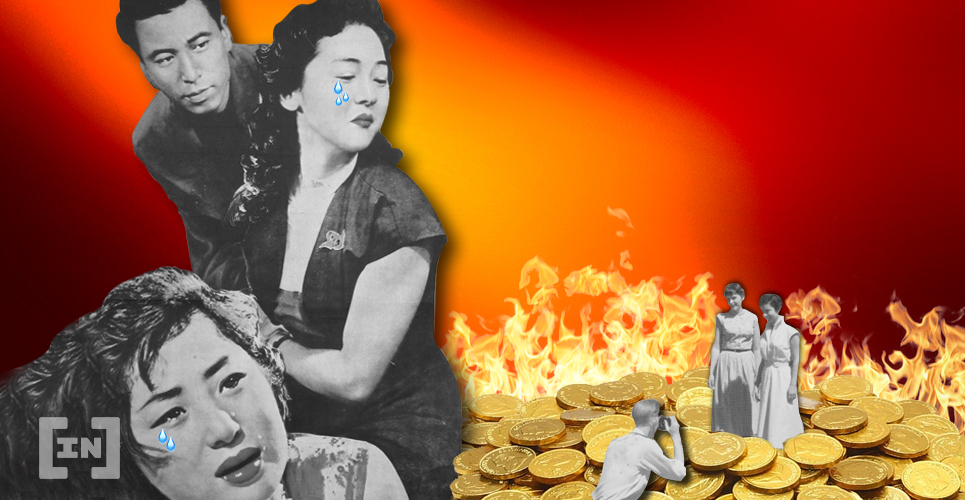South Korea’s National Assembly and the government are reportedly considering stricter crypto legislation following an emergency probe into the Terra market collapse.
Local reports state that the virtual asset regulations will go beyond the Capital Market Act with higher penalties. The report explains that unfair profits from cryptocurrency pumps and dumps, price manipulation, illegal trading, insider trading and wash trading will attract both civil fines and criminal imprisonment.
Civil and criminal action for crypto crimes
With robust disclosure guidelines, the new Virtual Property Industry Act also proposes a licensing regime for foreign companies. Under this, companies like Terraform Labs with domestic subsidiaries would reportedly be subjected to domestic guidelines.
The Financial Services Commission report also claims that barriers to entry for crypto businesses will be raised higher than the reporting requirements of the current law.
A separate entity, the Digital Asset Management Institute, will manage white papers and disclosure reviews, the report pointed out. Further adding: “A coin-qualified issuer system will also be introduced, which imposes obligations to write, notify, and disclose a coin white paper.”
The new authorization and registration system also aims to differentiate the risk of virtual assets and the type of business activity.
The report further notes: “This means that exchanges that trade and broker cryptocurrencies or operators that deal with high-risk products need to issue more strict authorization.”
Terra meltdown triggers lawsuits and tax claims
Amid the TerraLUNA and UST market collapse, the South Korean administration is also reportedly looking at controlling the issuance and circulation of stablecoins.
Meanwhile, another report underlined that a special unit called “Yeouido Grim Reaper” has been resurrected to investigate Terra.
The joint financial and securities crime investigation team was officially launched on May 18 to investigate the methods used by TFL to attract investors.
The team also reportedly suspects Terra of allegedly being a Ponzi scheme.
LUNA and Terra USD (UST) investors are filing a class-action lawsuit against Terraform Labs CEO Do Kwon, a South Korean citizen, for alleged fraud. They are also reportedly preparing for a provisional seizure of his property.
Meanwhile, the National Tax Service is reportedly seeking 100 billion won or $78.5 million in taxes from CEO Kwon, other top executives, and Terraform Labs.
News agency Naver claimed that just before the Lunar market crash, CEO Kwon was making an attempt to liquidate his domestic holding and shift abroad, in an alleged move to evade tax.
The post Terra Market Collapse and Tax Liabilities Could Force South Korea to Rethink Regulations appeared first on BeInCrypto.
